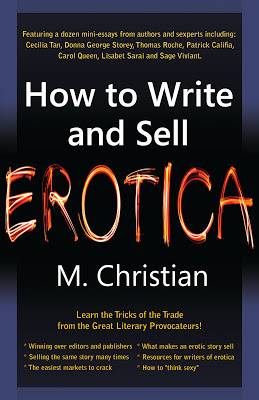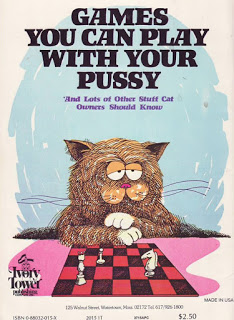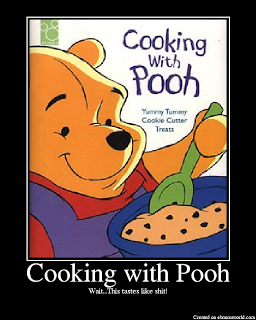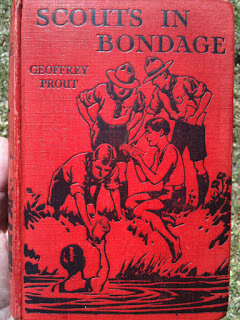I learned just a few days ago that the erotica webzine Oysters & Chocolate has closed down. I expect everyone else knew this a while ago, but fortunately I’m used to being at the blunt edge of news and fashion trends. In any case, I was very sad to hear that yet another fine erotica literary magazine has faded into history.
When I first started writing erotica, I dutifully sent my stories out by quaint snail-mail to print magazines like Libido and Yellow Silk. Both of them ceased publication before my work was saleable enough to receive back more than a Xeroxed fortune-cookie-sized rejection. However, soon enough I did have more luck with the then-revolutionary online magazines like Clean Sheets, Scarlet Letters, Playboy’s CyberClub, Fishnet, Ruthie’s Club, dearly departed Oysters & Chocolate, and finally The Erotic Woman and the ERWA galleries (the only two left standing from my publication list). There are numerous other fine webzines that I won’t mention for space. Most of these focused on an edgy, complex, not-always-feel-good—also known as “literary”–type of erotica.
More important than a list of the fallen brave is the question of what is filling the void left by these magazines. I don’t have a confident answer, but I’ll hazard a guess that it’s not uncommon for a new erotica writer to dash off a story, throw it up on Amazon for ninety-nine cents, then dive into the self-promotion madness before she even really knows who she is as a writer–all the while receiving plenty of encouragement for business savvy. Of course, there are some publishers who still put out fine anthologies and welcome newcomers, but for me the webzine world was the perfect place to ease into publication and meet editors, not to mention share my work widely without imposing too much on my friends’ pocketbooks.
I have a temperament that has never loved rules or authority figures, so part of me is thrilled with the new “Wild West” atmosphere of self-publishing. I firmly believe that anyone who takes the time to write about sex, even in a formulaic way, is going to be paying more attention to an important aspect of our humanity that is still reviled, even as it is harnessed to manipulate us by providing the addictive hit of “ideal” sex. (See Remittance Girl’s recent Apollonian & Dionysian Dialectic: Inner Conflicts and Revolutionary Acts for a discussion of this and other thought-provoking arguments about what makes for a compelling erotic story).
Yet I think we do lose something important with the demise of an editorial vision on the web. As scary as gatekeeping editors can seem from the writer’s point of view, I appreciate that they work hard to select good stories for their readers. With the advent of self-publishing, it’s the reader who has to wade through the slush pile—and pay for the privilege. During the golden age of the webzine, you could click on over with confidence you’d be getting a certain level of quality. For writers, the magazines also provided an easy way to research and be inspired by a wider variety of stories selected by veteran editors. I learned a lot from my reading.
I may be flashing my West-Coast-hippie-romantic undies here, but I’m still dismayed by how often people invoke money as the reason they write erotica or retire from doing so. Or rather how we’re all okay with that as the most important reason to do anything at all.
“I thought I’d get as rich as E.L. James writing a dirty book, but it didn’t happen so I quit.”
“Smart move, follow the money, honey—maybe try Hollywood or country music?”
Which reminds me that erotica webzines paid little or nothing. This probably lessened their appeal to new writers as well. Yes, I know, we all need to make a living and pay the orthodontist, but presumably most of us have sex for pleasure and emotional connection without plotting a way to get paid for it. Why should writing about it be any different? And why shouldn’t we enthusiastically celebrate authors who write on even without thousands in royalties? (One inspiring example of the spiritual approach to writing erotica is described in Garce’s Confessions of a Craft Freak: Sex and the Apprentice Writer.) I’m not saying refuse payment or stop promoting, just, you know, appreciate there are other ways to be a success. Otherwise, we’re buying into the system that puts profit above all. Really.
Now I definitely don’t believe the golden past is unquestionably better than the alloyed present. After all, in the old days ice cream only came in chocolate, vanilla and strawberry, and now we have Americone Dream. But while I’m reminiscing, I’m old enough to remember way back to about 2005 when traditional print editors suddenly decided they wanted to cash in on the erotica revolution. Many writers I know got juicy contracts for anthologies with big publishers, which meant not just money but respect. I had great hopes this would be the break-through for sexually explicit writing that dares to go deeper than titillation followed by a chaser of sin well punished. Finally, we were being taken seriously by the Big Boys. Alas, the hoped-for deluge of profits did not come and they dropped us cold, proclaiming erotica dead.
We could probably have an interesting discussion about whether 50 Shades of Grey genuinely revived the erotica cause or not, but obviously millions are still intrigued by sexuality and what other people do and think about it. Like any writer, I hope my work will be read and appreciated, although I’d choose fewer readers who appreciate what I do over millions who are getting a faked sensibility in the name of sales.
I guess I’ll just pull out the Americone Dream while I wait and see how this chapter in the publishing-and-money saga plays out. I can always soothe myself with the undying truth that whatever form it takes, humanity’s curiosity about sex and its meaning in our lives is here to stay.
Donna George Storey is the author
of Amorous Woman (recently released as an ebook) and a new collection of short
stories, Mammoth
Presents the Best of Donna George Storey. Learn more about her
work at www.DonnaGeorgeStorey.com
or http://www.facebook.com/DGSauthor


















